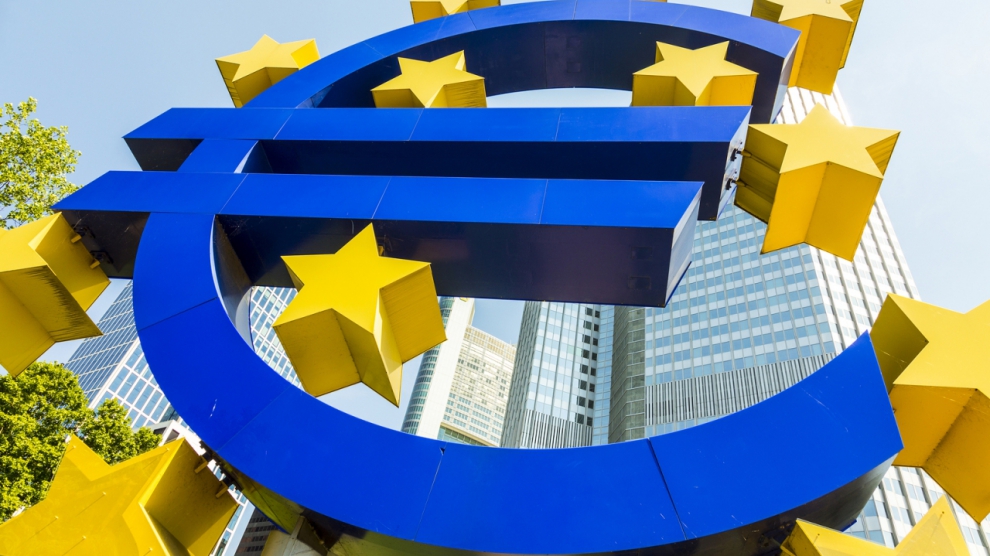Bulgaria’s Finance Minister Vladislav Goranov has suggested that the Balkan country is ready to join the eurozone, and that it will take its first steps along the road to adopting the single currency this summer. Mr Goranov told assembled journalists in Sofia on January 11 that Bulgaria will “most likely apply in the first semester” to join the EU Exchange Rate Mechanism (ERM II), the successor to ERM which helps non euro-area countries prepare themselves for participation in the euro area. The convergence criterion on exchange rate stability requires participation in ERM II.
“We are talking with the ECB intensively, and with the member states. Our strategy is that we want to get their assurance that they are willing to look positively at our application. I want to stress that Bulgaria is not a risk, we are much more stable than some member states,” Mr Goranov said.
Prime Minister Boyko Borissov seconded Mr Goranov’s statement: “Bulgaria has a stable currency, growth of 4 per cent and low unemployment. We are ready to join the waiting room for the euro,” he said.
Speaking the following day, the head of the European Commission Jean-Claude Juncker – in Sofia to officially launch Bulgaria’s six-month rotating Presidency of the Council of the European Union (EU) – praised the country’s strong public finances and said all countries that meet the criteria should be able to adopt the euro.
“I did not say that Bulgaria will be automatically the next member of the euro zone, but it is heading in the right direction because unemployment is falling, the budgetary situation is strong, so when it comes to genuine convergence, Bulgaria has achieved progress,” Mr Juncker said.
“It is not quite enough yet and our Bulgarian friends are aware of this, but when it comes to real convergence there has been genuine progress,” he said. “I am sure that Bulgaria will, or should join the ERM-2 as rapidly as possible.”
The visit of EU officials to Sofia has been met with large protests, not against the EU but at the Bulgarian government’s decision to go ahead with the expansion of Bansko ski resort in the Pirin National Park, a World Heritage site home to bears, chamois, wolves and centuries old pine forests.

